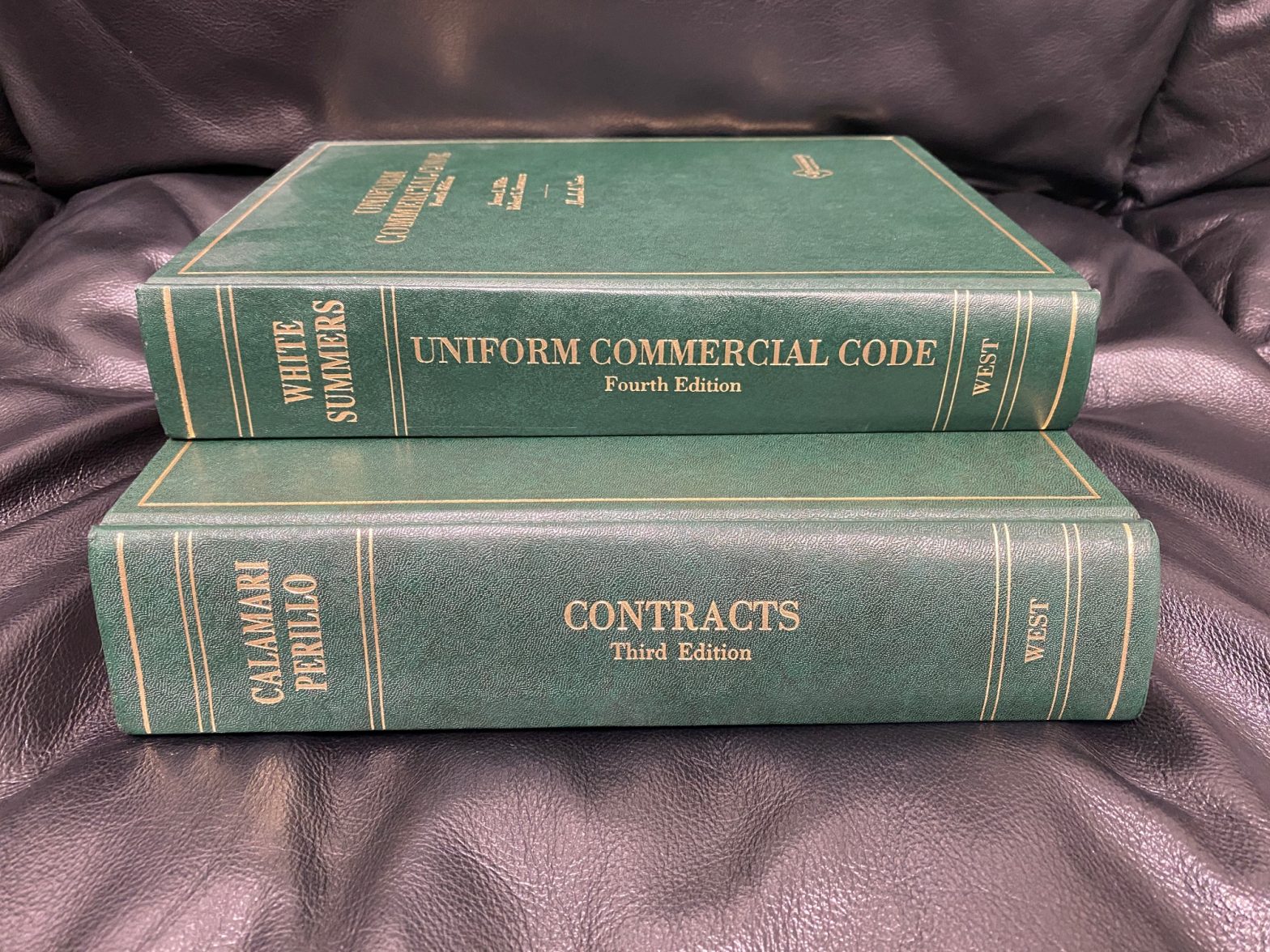Law school exams can vary in their focus, but they typically assess a combination of case law, statutes, and legal principles. The exact emphasis on case law versus statutes can depend on the specific course, professor, and exam format.
In the majority of law school exams, you will likely encounter hypothetical scenarios or fact patterns that require you to analyze and apply legal principles derived from both case law (precedent set by court decisions) and statutes (written laws passed by legislatures). It’s common for professors to test your ability to synthesize and apply these sources of law to complex factual situations.
Additionally, law school exams often aim to assess your critical thinking, reasoning, and analytical skills, as well as your ability to argue and support your legal conclusions. This could involve referencing relevant cases, statutes, and legal doctrines to build a persuasive argument.
In summary, law school exams typically incorporate both case law and statutes, and the extent to which each is emphasized can vary depending on the course and professor. It’s important for law students to have a solid understanding of both sources of law and how to effectively apply them in their exam responses. Of course, the best way to succeed on law school exams is through practice!

